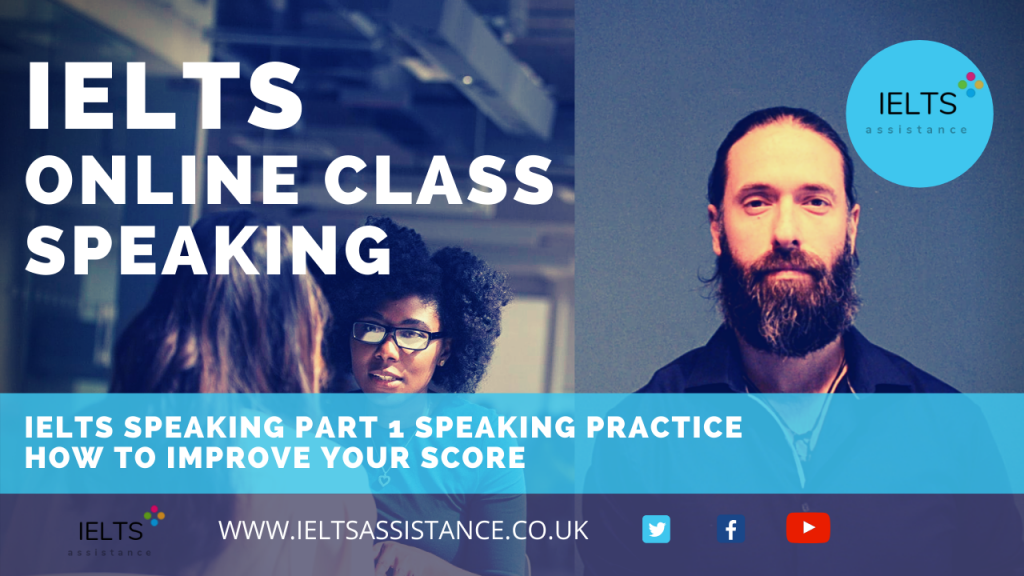Writing Task 2 Examples
Communication Agree Disagree Question Model Example
Do you agree or disagree with the following statement? Face-to-face communication is better than other types of communications, such as letters, emails, or telephone calls.
You should spend about 40 minutes on this task.
Do you agree or disagree with the following statement? Face-to-face communication is better than other types of communications, such as letters, emails, or telephone calls.
Give reasons for your answer and include any relevant examples from your own knowledge or experience.
Write at least 250 words.
Model Example Answer
In today’s technologically advanced society, various methods of communication are available, including face-to-face interactions, letters, emails, and telephone calls. While each mode of communication has its advantages, I firmly believe that face-to-face communication is superior to other forms.
Firstly, face-to-face communication allows for the transmission of non-verbal cues, such as body language, facial expressions, and eye contact, which are crucial for understanding the full context of a conversation. These non-verbal signals can convey emotions and intentions that words alone may not express. For instance, during a job interview, the candidate’s body language can demonstrate confidence and enthusiasm, which can positively influence the interviewer’s perception. In contrast, written communication, like emails or letters, lacks this dimension, making it easier for misunderstandings to occur.
Furthermore, face-to-face interactions foster a deeper personal connection and build stronger relationships. When people communicate in person, they can respond to each other’s immediate reactions and engage in a more dynamic and spontaneous exchange of ideas. This real-time interaction helps to build trust and rapport, essential components of any meaningful relationship. For example, in a business setting, face-to-face meetings can enhance teamwork and collaboration by allowing team members to brainstorm and solve problems together more effectively than through remote communication methods.
In conclusion, while alternative forms of communication, such as emails, letters, and telephone calls, offer convenience and accessibility, face-to-face communication remains the most effective and enriching form. Therefore, individuals and organisations should prioritise face-to-face communication whenever possible to enhance the quality and effectiveness of their interactions.
Send us your writing Writing Task 2 we'll check
More Examples
Get your writing and speaking corrected
Join the ever growing group of students who we helped on the road to success and get the professional help you have been looking for.


